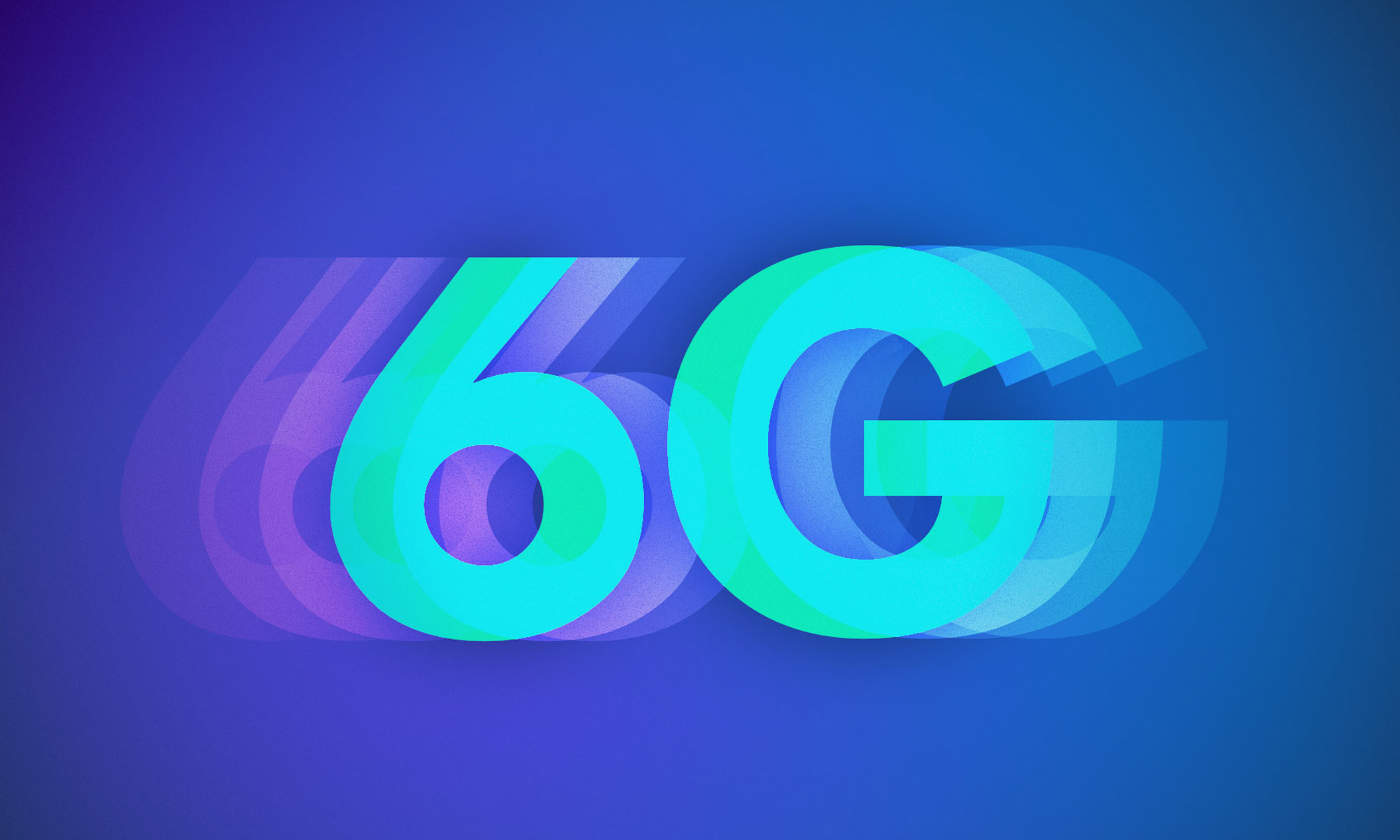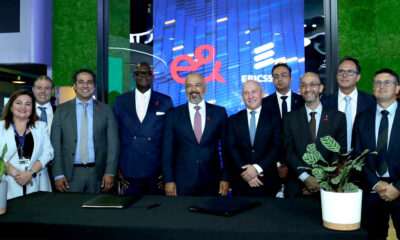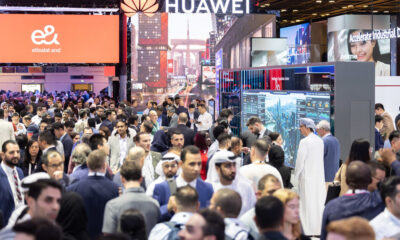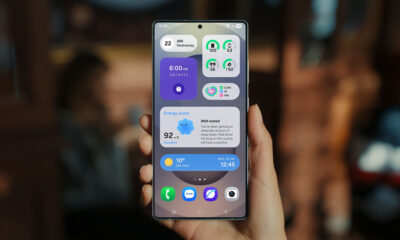News
Super Fast 6G Connectivity Is Closer Than You Think
Samsung’s end-to-end prototype system was able to achieve real-time throughput of 6.2 Gbps over a 15-meter distance.

Even though 5G smartphones represented just 12 percent of all smartphones sold last year, telcos and researchers are already developing the sixth generation standard for wireless communications technologies, referred to simply as 6G.
Recently, Samsung Electronics in collaboration with the University of California, Santa Barbara (UCSB) have demonstrated a 6G Terahertz (THz) wireless communication prototype, paving the way for peak data rates that are as much as 50 times faster than 5G.
“As we shared in our 6G vision white paper last year, we believe new spectrum opportunities at the THz spectrum will become a driving force of 6G technology,” said Senior Vice President Sunghyun Choi, an IEEE Fellow and Head of the Advanced Communication Research Center at Samsung Research. “This demonstration can be a major milestone in exploring the feasibility of using the THz spectrum for 6G wireless communications.”
Samsung’s end-to-end prototype system was able to achieve real-time throughput of 6.2 Gbps over a 15-meter distance, in part thanks to a precise digital beamforming calibration algorithm that allows for high beamforming gain.
That’s even more than the current 5G record, which was achieved in March of this year by Nikia and Turk Telekom. During their 5G trial, the two companies successfully transferred data across Turk Telekom’s 26Ghz mmWave spectrum at a peak speed of 4.5 Gbps. If everything goes according to plan, the first 6G networks could launch commercially in 2030.
Also Read: Etisalat & Ericsson Join Forces To Deploy 5G High-Band In UAE
Since regular smartphone users don’t really need an absurd amount of bandwidth to enjoy social media, stream high-resolution content, or video-chat with colleagues and friends, it’s likely that the adoption of 6G will be driven mainly by emerging mobile use scenarios, such as virtual and augmented reality (VR/AR), the Internet of Things (IoT), and people living in isolated areas where wired internet access isn’t available.
News
Rabbit Expands Hyperlocal Delivery Service In Saudi Arabia
The e-commerce startup is aiming to tap into the Kingdom’s underdeveloped e-grocery sector with a tech-first, locally rooted strategy.

Rabbit, an Egyptian-born hyperlocal e-commerce startup, is expanding into the Saudi Arabian market, setting its sights on delivering 20 million items across major cities by 2026.
The company, founded in 2021, is already operational in the Kingdom, with its regional headquarters now open in Riyadh and an established network of strategically located fulfillment centers — commonly known as “dark stores” — across the capital.
The timing is strategic: Saudi Arabia’s online grocery transactions currently sit at 1.3%, notably behind the UAE (5.3%) and the United States (4.8%). With the Kingdom’s food and grocery market estimated at $60 billion, even a modest increase in online adoption could create a multi-billion-dollar opportunity.
Rabbit also sees a clear alignment between its business goals and Saudi Arabia’s Vision 2030, which aims to boost retail sector innovation, support small and medium-sized enterprises, attract foreign investment, and develop a robust digital economy.
The company’s e-commerce model is based on speed and efficiency. Delivery of anything from groceries and snacks to cosmetics and household staples is promised in 20 minutes or less, facilitated by a tightly optimized logistics system — a crucial component in a sector where profit margins and delivery expectations are razor-thin.
Despite the challenges, Rabbit has already found its stride in Egypt. In just over three years, the app has been used by 1.4 million customers to deliver more than 40 million items. Revenue has surged, growing more than eightfold in the past two years alone.
Also Read: Top E-Commerce Websites In The Middle East In 2025
CEO and Co-Founder Ahmad Yousry commented: “We are delighted to announce Rabbit’s expansion into the Kingdom. We pride ourselves on being a hyperlocal company, bringing our bleeding-edge tech and experience to transform the grocery shopping experience for Saudi households, and delivering the best products – especially local favorites, in just 20 minutes”.
The company’s growth strategy avoids the pitfalls of over-reliance on aggressive discounting. Instead, Rabbit leans on operational efficiency, customer retention, and smart scaling. The approach is paying off, having already attracted major investment from the likes of Lorax Capital Partners, Global Ventures, Raed Ventures, and Beltone Venture Capital, alongside earlier investors such as Global Founders Capital, Goodwater Capital, and Hub71.


























